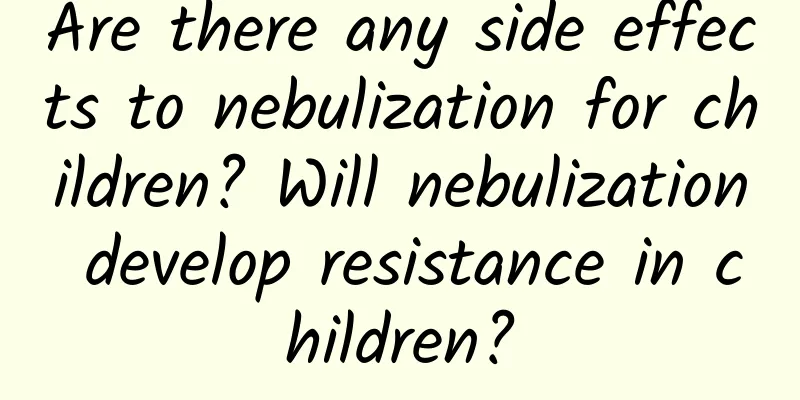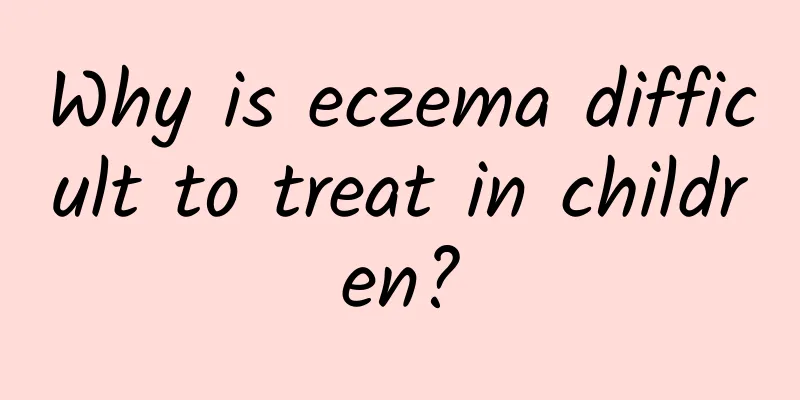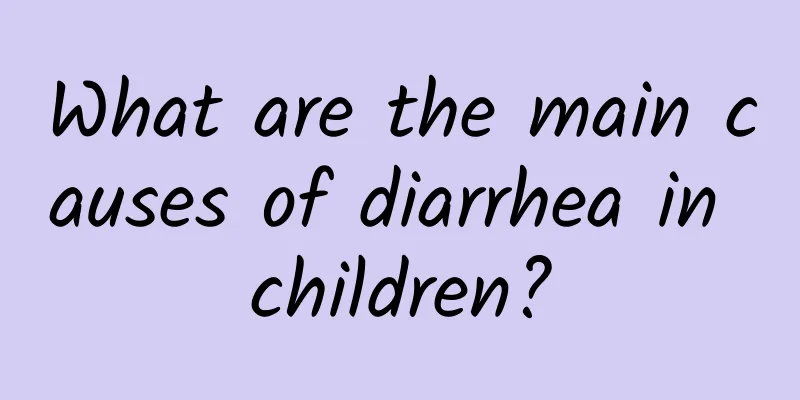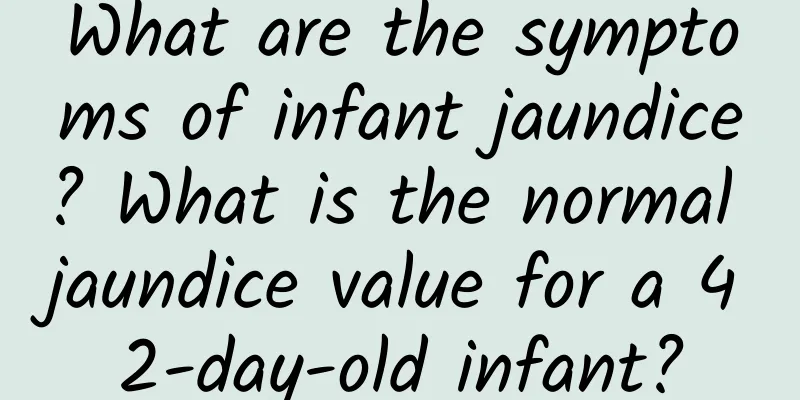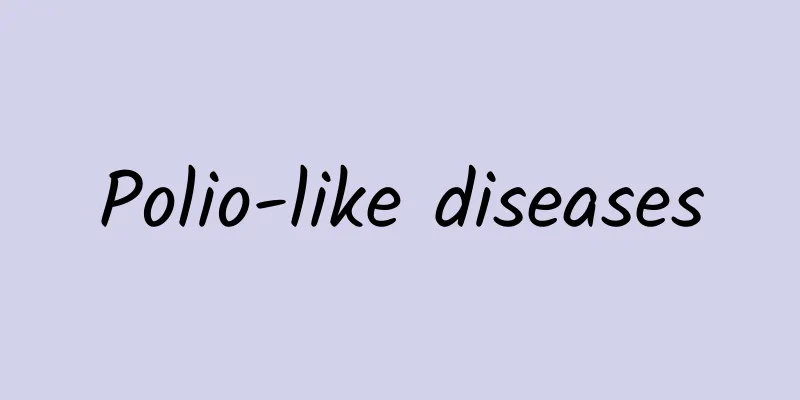What is neonatal pneumonia? Does neonatal pneumonia require intubation?
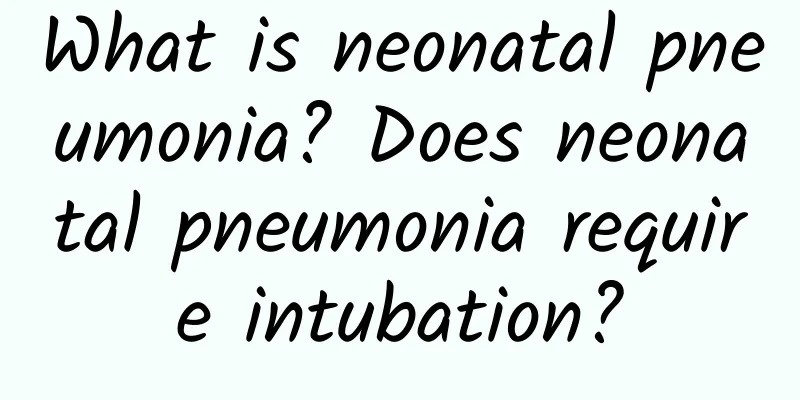
|
Neonatal pneumonia is a common pediatric disease. It is a general term for diseases caused by pneumonia reactions or secondary infections caused by inhalation of meconium, amniotic fluid, etc. in newborns. According to the cause of neonatal pneumonia, it can be divided into neonatal infectious pneumonia and neonatal aspiration pneumonia. Neonatal pneumonia not only affects children's respiratory function, but also endangers their lives. Next, let's follow Luo Haibiao, deputy chief physician of Shaoguan First People's Hospital, to learn about the causes and symptoms of neonatal pneumonia and other related issues. What is neonatal pneumonia? Neonatal pneumonia usually refers to neonatal infectious pneumonia. Infectious pneumonia can be transmitted from mother to child, such as inhalation of contaminated amniotic fluid or mother's illness, and can be transmitted to the baby through blood. If the mother has a disease or fever during labor, or the child is born, the fetal membrane is more than 18 hours in advance, these situations are prone to pneumonia. How is neonatal pneumonia caused? Neonatal pneumonia is mainly caused by infection. The infection can be transmitted to the child through the mother's blood or contaminated amniotic fluid. Inhalation of infectious amniotic fluid at birth can also cause pneumonia. Children with blood infection may not show symptoms immediately after birth, and other symptoms may appear one after another after birth. Is the baby's spitting bubbles pneumonia? If a baby spits bubbles, it may not be pneumonia. Sometimes babies play with bubbles when they are playing with saliva or when milk is regurgitated. If the bubbles are accompanied by shortness of breath and hypoxia, pneumonia should be considered. Neonatal pneumonia must be hospitalized in time, because neonatal pneumonia will soon experience shortness of breath, foaming at the mouth, poor blood oxygen and even hypoxia after birth, so hospitalization is necessary. If pneumonia is treated with standardized treatment, the course of treatment is about one to two weeks. Timely treatment of neonatal pneumonia is very important. When neonatal pneumonia is diagnosed, appropriate drugs should be selected according to the cause of pneumonia. For example, infectious pneumonia needs to be treated with antibiotics. At the same time, the newborn's respiratory tract should be kept open, and care and monitoring should be strengthened. If the child has obvious symptoms such as difficulty breathing, endotracheal intubation and mechanical ventilation can be given to assist breathing if necessary to avoid suffocation. |
<<: What are the main transmission routes of hand, foot and mouth disease?
Recommend
How to avoid indigestion in babies How to deal with indigestion in babies
Digestive system diseases in children are common ...
What is the treatment for neonatal jaundice?
What is the treatment for neonatal jaundice? If n...
First check for Hirschsprung's disease
Congenital Hirschsprung's disease requires a ...
Routine examination for diarrhea in children
Diarrhea is a disease that often occurs in daily ...
Baby coughs and rough breathing due to allergic rhinitis
If your baby has coughing, heavy breathing, and a...
Common causes of diarrhea in children are
Common causes of diarrhea in children include inf...
How is Kawasaki disease contracted?
Kawasaki disease is usually caused by genetic fac...
What medicine can cure pneumonia in children?
Now Western medicine has penetrated into our live...
Can children with acute laryngitis do strenuous exercise?
Can children with acute laryngitis do strenuous e...
What causes congenital jaundice?
Congenital jaundice may be related to breastfeedi...
Research has found that electric mosquito coils are liver toxic? So can electric mosquito coils still be used? This article will tell you
On summer nights, the breeze brings coolness, but...
How long does it take for neonatal jaundice to subside?
Neonatal physiological jaundice: Newborns begin t...
Typical symptoms of diarrhea in children
Infants and young children are a vulnerable group...
How to treat recurrent fever in children with pneumonia
Children with pneumonia and recurrent fever need ...
What is the cause of high jaundice in newborns?
Neonatal jaundice is usually caused by abnormally...
